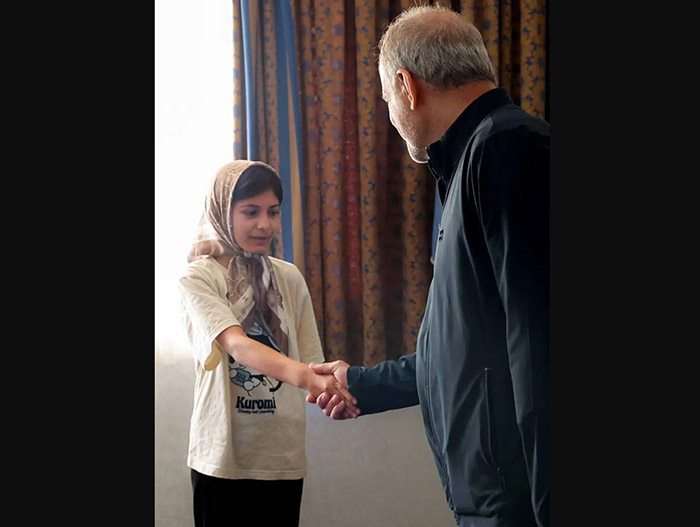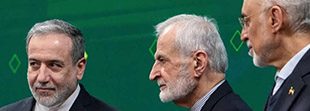As Nas Daily, the Israeli-Arab social media influencer with a following across continents, aptly remarked, this was “the world’s most silent celebration.” The streets of Tel Aviv, Riyadh, and Abu Dhabi did not erupt in parades. No grand declarations were made in Western capitals. Yet in quiet conversations, in boardrooms, and behind diplomatic curtains, there was a palpable sense of relief. Hundreds of millions across the Middle East found themselves breathing easier — even if political realities prevented them from saying it aloud.
And yet, even as leaders in Washington, Jerusalem, and Riyadh congratulated each other on a military success, an inconvenient truth surfaced: Arab public opinion had moved sharply in the opposite direction.
In a stunning reversal, surveys conducted across seven Arab nations showed support for normalization with Israel plummeting below 13 percent — a staggering decline. Even Morocco, a key partner in the Abraham Accords, saw its support drop from 31 percent in 2022 to a mere 13 percent after the October 7, 2023 attacks and the subsequent Gaza war. Clearly, while military alliances held, hearts and minds were slipping away.
This disconnect revealed a painful lesson. Military victories — no matter how decisive — do not win the peace. Rockets may silence militias, but they do not soften hardened perceptions. Bombs may topple bunkers, but they do not build trust. If anything, conflict hardens divisions and fuels narratives that undo years of diplomatic progress.
The strategic victory against Iran’s regional ambitions risks being squandered unless it is transformed into a durable peace that resonates beyond elite circles. The Middle East stands at a crossroads: the choice between entrenching old cycles of conflict or embarking on a new era of regional cooperation grounded in genuine people-to-people connections.


